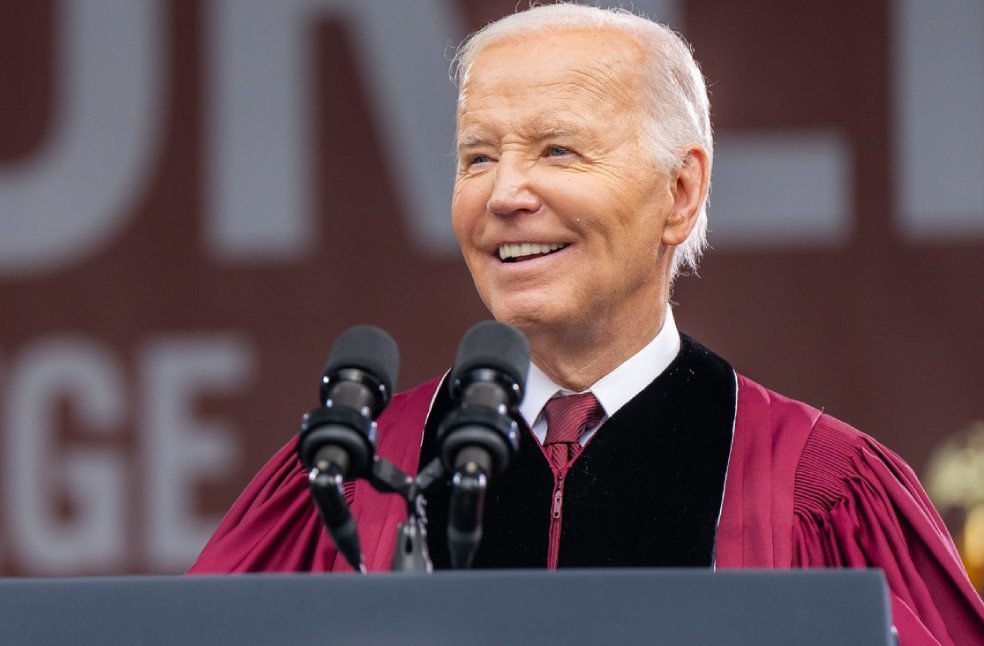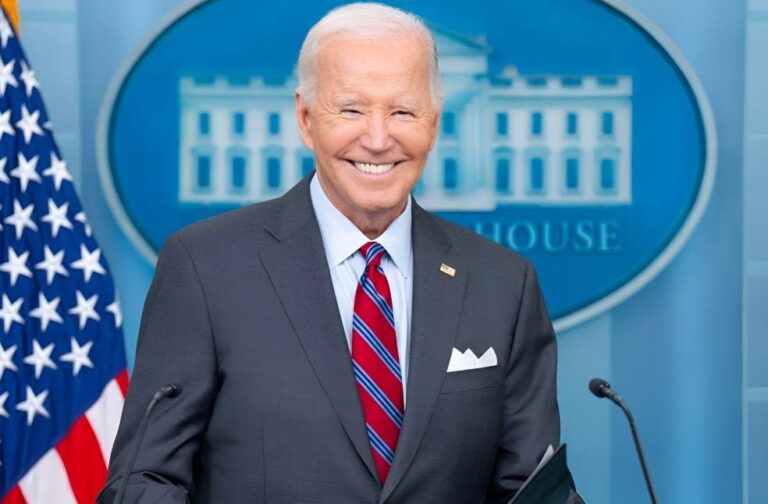United States: The Biden administration has announced plans to remove Cuba from the US State Sponsors of Terrorism list as part of a deal to secure the release of 553 prisoners detained on the island. The decision, confirmed by the White House, marks a modification in US-Cuba relations and is expected to have considerable economic and diplomatic implications.
Cuba, in response, welcomed the move as a “step in the right direction” while admitting its limited scope. The country’s Ministry of Foreign Affairs stated the decision would end specific coercive measures that have severely impacted Cuba’s economy and population.
The prisoners set to be dismissed include individuals detained for various crimes, with hopes that some were participants in anti-government protests during the nation’s economic crisis in 2021. The gradual release was demonstrated following negotiations facilitated by the Catholic Church, although details about the prisoners remain undisclosed.
Cuba was added back to the US terror list in 2021 by then-President Donald Trump, citing its aid for Venezuelan leader Nicolas Maduro. This designation, reinstated after President Barack Obama’s 2015 removal, banned US economic aid and arms exports to Cuba and created barriers for international investors.
A Biden administration official stated that recent examinations found “no information” justifying Cuba’s inclusion on the terror list. The president’s plans also include lifting financial restrictions on Cuban individuals and suspending claims to confiscated property in Cuba, according to the White House.

The removal from the terror list is noticed as a potential step toward normalising relations between the two countries, paving the way for future discussions on contentious issues. It could also provide relief for Cuba’s struggling economy, as the designation has prevented major banks and foreign investors from engaging with the country.
However, the long-term drifts remain uncertain, especially with President-elect Donald Trump set to return to office on January 20. Trump’s nominee for Secretary of State, Marco Rubio, is a vocal supporter for sanctions on Cuba, citing his family’s history of fleeing the country in the 1950s before Fidel Castro’s communist revolution.
As the Biden administration notifies Congress of its plans, the decision recollects ongoing efforts to reshape US foreign policy in the region while addressing domestic political dynamics.



